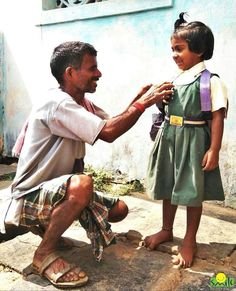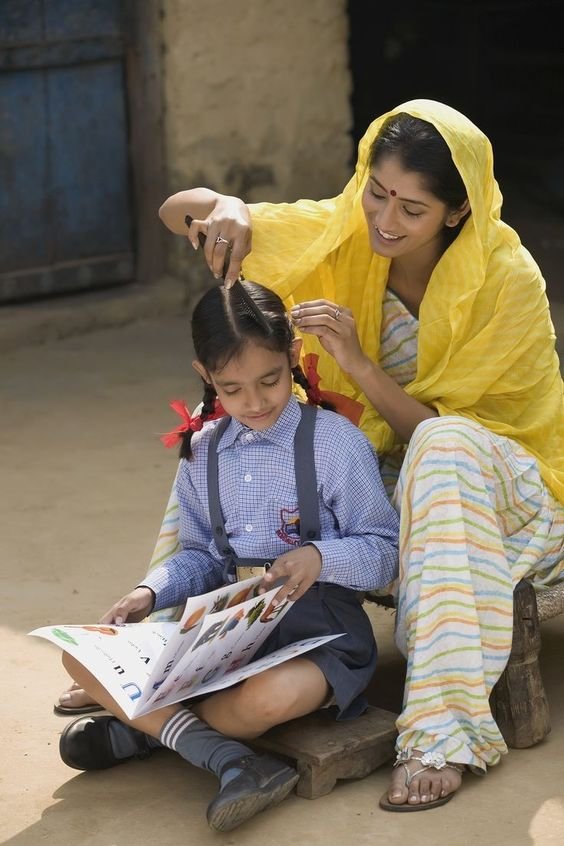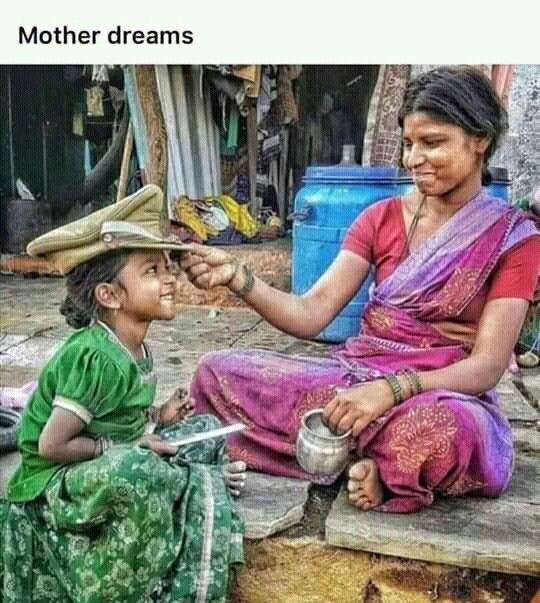Role Of Parents In Developing feature Indians

The Role of Parents in Developing Future Indians
Role of parents in India is pivotal in shaping the next generation, equipping them with the skills, values, and ethics required to navigate the complexities of the modern world. In a country like India, where family is considered the cornerstone of society, parents have an unparalleled influence on the lives of their children. Let’s explore how parenting in India contributes to the growth and development of future Indians.

1. Instilling Cultural Values in India
Parents are the first teachers of cultural values in India. From an early age, children learn about Indian traditions, customs, and the rich heritage that defines the nation. This cultural foundation is essential for developing a sense of identity and belonging. By participating in festivals, understanding religious practices, and respecting elders, children are immersed in the values that shape their character.
2. Providing Education in India
One of the most critical aspects of the role of parents in India is their involvement in education in India. Parents are often the primary motivators behind their child’s academic pursuits. They ensure access to quality education and support their children in various academic and extracurricular activities. By emphasizing the importance of learning, parents help their children build a solid educational foundation.
3. Encouraging Skill Development for Children
In today’s competitive world, skill development for children is essential. Parents play a crucial role in identifying their child’s talents and encouraging them to pursue skills that align with their interests. Whether it’s enrolling children in art classes, sports, coding workshops, or public speaking courses, parents are instrumental in equipping their children with skills that will make them well-rounded individuals.
4. Providing Emotional Support for Children

Emotional support for children is vital for their overall development. Parents in India provide a nurturing environment where children feel safe and valued. This emotional stability fosters self-esteem and confidence, helping children to face challenges with resilience. Open communication between parents and children creates a bond that supports mental health and emotional growth.
5. Promoting Physical Health and Fitness for Kids

With the rise of digital devices, promoting physical health and fitness for kids has become increasingly important. Parents encourage their children to participate in sports, outdoor activities, and regular exercise, ensuring they maintain a healthy lifestyle. Physical fitness not only improves health but also teaches discipline, teamwork, and perseverance—qualities that are essential for future Indians.
6. Teaching Financial Literacy for Youth
Financial literacy for youth is a crucial life skill that parents can instill in their children. Teaching kids about saving, budgeting, and the value of money prepares them for financial independence. Parents who involve their children in simple financial decisions, like managing pocket money, lay the groundwork for responsible financial behavior in adulthood.
7. Providing Career Guidance for Youth
Career guidance for youth is another critical area where parents can make a significant impact. By understanding their child’s strengths, interests, and aspirations, parents can help guide them toward suitable career paths. This support helps children make informed decisions about their education and professional future, aligning their career choices with their passions.
8. Promoting Critical Thinking and Decision-Making Skills for Youth

Parents play a vital role in nurturing critical thinking in children. By encouraging them to ask questions, solve problems, and think independently, parents help develop their analytical skills. Additionally, parents guide their children in making decisions, teaching them to weigh options and consider consequences—essential decision-making skills for youth that prepare them for leadership roles.
9. Modeling Positive Behavior and Ethics for Youth
Children often mirror their parents’ actions, making positive role modeling a powerful tool in shaping behavior. When parents display ethics for youth—such as honesty, integrity, hard work, and respect—they set an example that influences their children’s moral compass. By living the values they wish to see in their children, parents play a crucial role in raising ethical future citizens.
10. Providing Parental Support and Guidance
Parental support extends beyond basic needs; it encompasses guidance, encouragement, and the provision of a stable environment. In parenting in India, this support is often seen in the form of close-knit family structures, where parents are deeply involved in every aspect of their child’s life. This involvement helps children feel secure and loved, providing them with the confidence to pursue their dreams.

Conclusion
The role of parents in India is instrumental in developing future Indians who are well-rounded, ethical, and capable of contributing to society. From instilling cultural values and providing education to encouraging skill development and modeling positive behavior, parents shape the next generation. Although by actively engaging in their child’s growth, parents ensure that future Indians are prepared to lead with integrity, resilience, and a deep respect for their cultural heritage.
